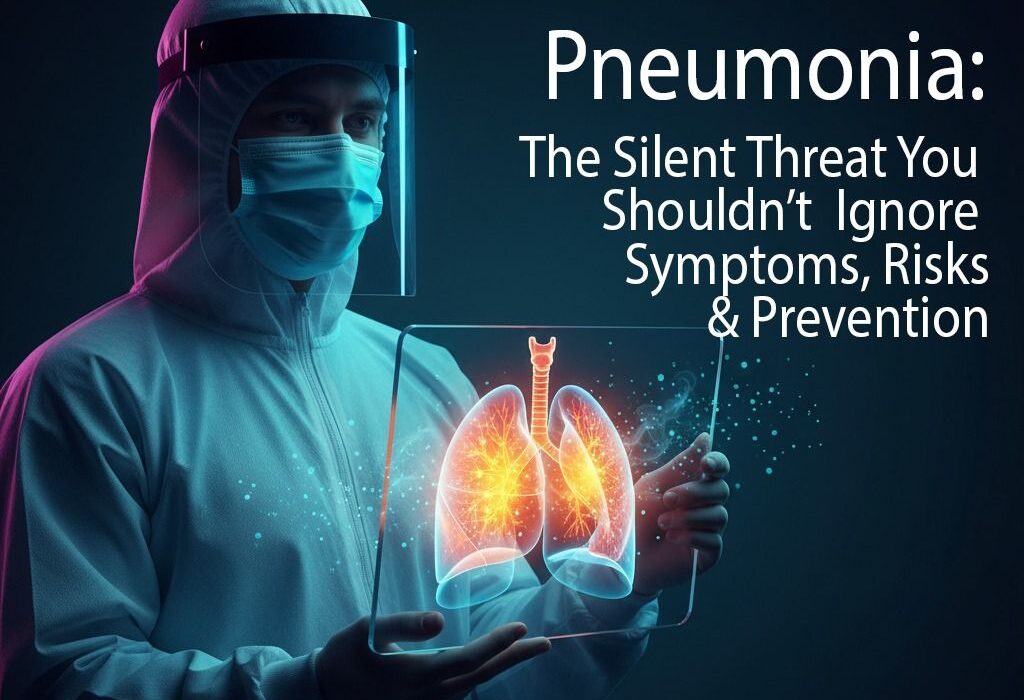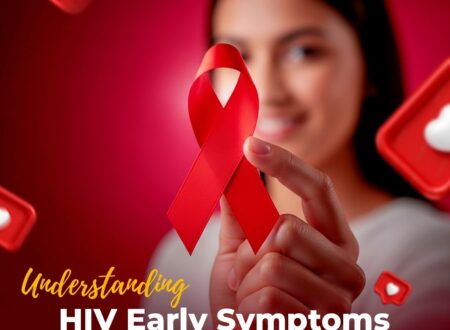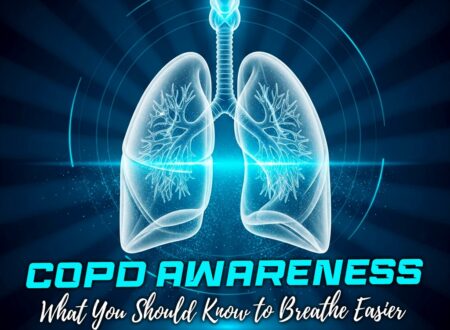Introduction:
Pneumonia is not a simple cough or seasonal flu. It’s a serious lung infection that affects millions worldwide every year. Many people underestimate its danger until it becomes life-threatening. Understanding pneumonia symptoms and prevention is vital for timely diagnosis and treatment.
According to the World Health Organization (WHO), pneumonia kills more than 700,000 children under five each year, yet most cases are preventable with vaccines and good healthcare. Awareness saves lives.
What Is Pneumonia?
Pneumonia is an infection that causes inflammation in one or both lungs. The air sacs (alveoli) fill with fluid or pus, blocking oxygen flow. This leads to coughing, breathing difficulty, and chest pain.
Common pneumonia symptoms include:
• Persistent cough with phlegm or mucus
• Fever, chills, and sweating
• Shortness of breath or rapid breathing
• Chest pain while inhaling or coughing
• Fatigue and confusion (especially in older adults)
• Loss of appetite or nausea
Recognizing pneumonia symptoms and prevention early can reduce hospitalizations and severe complications.
Who Is Most at Risk?
Certain groups are more vulnerable to pneumonia due to age, immunity, or lifestyle factors.
High-risk groups include:
• Infants and young children
• Adults over 65 years
• People with chronic illnesses (asthma, diabetes, heart disease)
• Smokers and alcohol users
• Individuals with weakened immune systems (HIV/AIDS, cancer therapy)
As per the Centers for Disease Control and Prevention (CDC), early vaccination and routine check-ups can significantly reduce pneumonia risk among these groups.
Causes of Pneumonia
Pneumonia can result from various infectious agents:
• Bacterial pneumonia: Most often caused by Streptococcus pneumoniae.
• Viral pneumonia: Caused by influenza virus, COVID-19, or respiratory syncytial virus (RSV).
• Fungal pneumonia: Found mostly in people with weakened immunity.
These infections can spread through coughing, sneezing, or touching contaminated surfaces. This is why understanding pneumonia symptoms and prevention is crucial in public health.
Diagnosis and Treatment
Doctors diagnose pneumonia through chest X-rays, blood tests, and physical examination. Early diagnosis helps avoid severe lung damage.
Treatment options include:
• Antibiotics for bacterial infections
• Antivirals for viral pneumonia
• Antifungal medications for fungal causes
• Oxygen therapy in severe cases
• Plenty of fluids, rest, and nutrition to support recovery
If you notice pneumonia symptoms, consult a healthcare provider immediately instead of self-medicating.
Pneumonia Symptoms and Prevention: What You Should Do
Prevention is always better than treatment. Healthy habits and vaccination are the most effective defenses.
Proven steps for pneumonia prevention:
• Vaccination: Take the pneumococcal vaccine and annual flu shots. Learn more from the CDC vaccine guidelines.
• Hand hygiene: Wash hands with soap or use sanitizer to reduce germ spread.
• Avoid smoking: Smoking damages lung tissue, making infection more likely.
• Healthy lifestyle: Maintain a balanced diet, adequate sleep, and daily exercise.
• Manage chronic diseases: Keep diabetes, asthma, and heart disease under medical control.
• Clean surroundings: Keep your home ventilated and free of dust and mold.
Focusing on pneumonia symptoms and prevention helps lower global mortality and improves overall respiratory health.
When to See a Doctor
Get immediate medical attention if you experience:
• Persistent fever above 102°F (39°C)
• Chest pain or difficulty breathing
• Rapid heart rate
• Confusion or dizziness
• Bluish lips or fingertips
Timely care can prevent severe complications like sepsis or lung abscesses.
Living Smart: How to Protect Your Lungs
• Drink plenty of water daily to keep your lungs hydrated.
• Avoid polluted or smoky environments.
• Practice deep breathing exercises to strengthen lung capacity.
• Get regular health check-ups, especially during winter.
Awareness about pneumonia symptoms and prevention not only protects you but also helps prevent spreading infections to others.
Conclusion
Pneumonia is preventable, treatable, and often overlooked until it’s too late. Recognizing pneumonia symptoms and prevention measures can save lives.
Stay alert, stay vaccinated, and act early when symptoms appear. Protect your lungs—your life depends on them.






